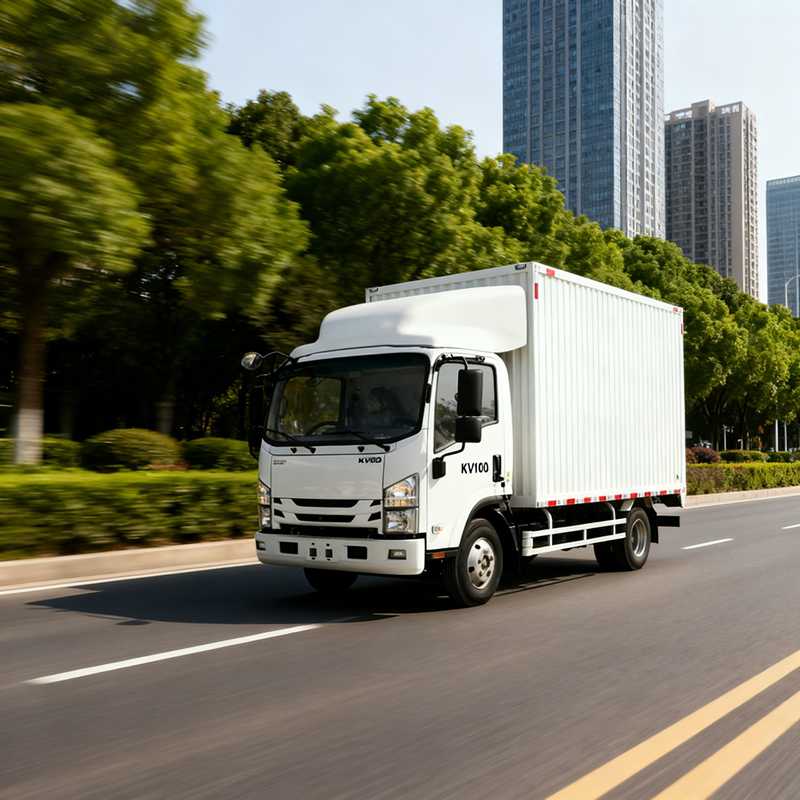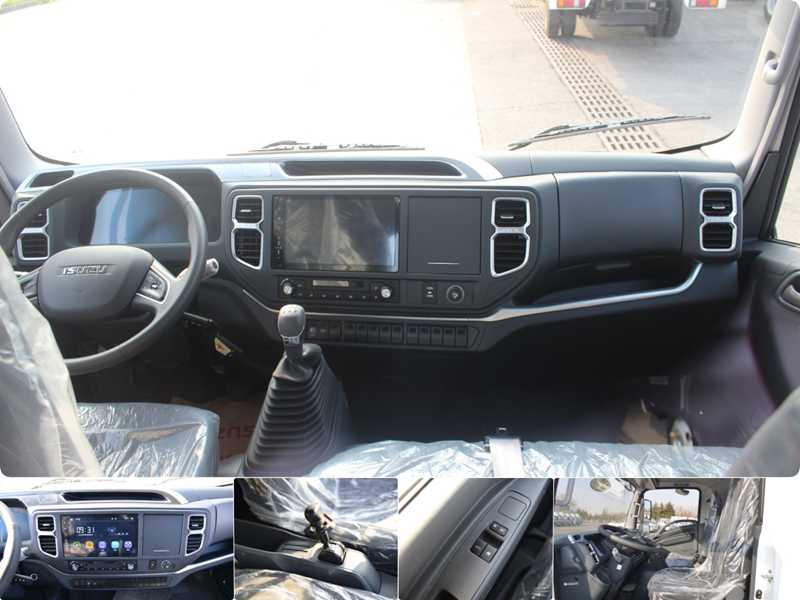

The cargo container truck is one of the most vital vehicles in the logistics and shipping industry. Designed to transport standardized containers across long distances, it ensures smooth connections between ports, factories, and warehouses. Whether you are involved in domestic freight or international trade, container trucks play a crucial role in maintaining supply chain efficiency and reliability.


A cargo container truck is a heavy-duty transport vehicle used to carry ISO-standard shipping containers, usually in 20ft, 40ft, or 45ft sizes. These containers can hold a wide range of goods — from industrial equipment and consumer electronics to agricultural products and building materials.
A typical container truck is made up of two major components:
Truck head or tractor unit: Provides the power and towing capacity.
Container chassis or trailer: Designed to hold and lock the container safely in place.
This combination allows for intermodal transport, meaning containers can easily be transferred between ships, trains, and trucks without unpacking the goods.
Used to transport dry containers with general cargo such as textiles, machinery, or furniture.
Features an open platform that allows oversized or heavy containers to be loaded easily — ideal for large industrial equipment or construction materials.
Equipped with side-mounted hydraulic cranes, enabling the truck to lift and unload containers without the need for external equipment.
Also known as a reefer truck, it transports temperature-sensitive cargo such as food, medicine, and chemicals using insulated and cooled containers.
The transportation process of a cargo container truck involves several stages:
Pickup: The truck collects loaded containers from ports or manufacturing sites.
Secure Loading: Containers are fixed to the chassis using twist-lock mechanisms to ensure stability.
Transport: GPS tracking and route planning systems optimize delivery efficiency.
Delivery: Containers are unloaded at warehouses or customer facilities.
Return: The truck returns with an empty container or picks up another shipment.
This process ensures continuous operation and reduces downtime, maximizing fleet productivity.
High efficiency: Reduces cargo handling time by allowing door-to-door delivery.
Strong protection: Containers are sealed and weatherproof, ensuring cargo safety.
Wide compatibility: Works with all standard containers and intermodal systems.
Cost-effective: Low labor requirements and flexible scheduling reduce overall transport costs.
Reliable performance: Suitable for long-distance and cross-border logistics operations.
These features make cargo container trucks an essential part of modern freight transportation networks.
The cargo container truck is used in various industries, including:
Import and export logistics
Manufacturing supply chains
Construction material delivery
Agricultural goods distribution
Retail and e-commerce logistics
Its adaptability and load capacity make it the preferred choice for companies moving large volumes of cargo globally.
When selecting a container truck for your business, consider the following:
Load capacity: Match truck tonnage with the average weight of your shipments.
Chassis type: Choose between fixed or extendable frames depending on container sizes.
Engine power and fuel type: Diesel trucks are common, while electric models are emerging for eco-friendly operations.
Maintenance support: Select brands with reliable after-sales service and parts availability.
Compliance: Ensure the truck meets international transport and emission standards (e.g., Euro IV, Euro V).
A well-selected truck enhances productivity, reduces downtime, and ensures compliance with logistics regulations.
Modern logistics is evolving with innovations such as:
Telematics and GPS integration for real-time tracking.
Electric and hybrid container trucks for reduced carbon emissions.
Smart logistics management systems to improve route efficiency.
Automation and robotics in container loading and port handling.
These advancements are making cargo container transportation faster, cleaner, and more cost-effective.
The cargo container truck remains an indispensable asset for global logistics operations. Its versatility, efficiency, and durability make it ideal for transporting large volumes of freight safely and economically.
For logistics companies, trading enterprises, and manufacturers, investing in high-quality container trucks ensures smoother delivery operations and strengthens supply chain performance — keeping goods moving efficiently across borders and industries.